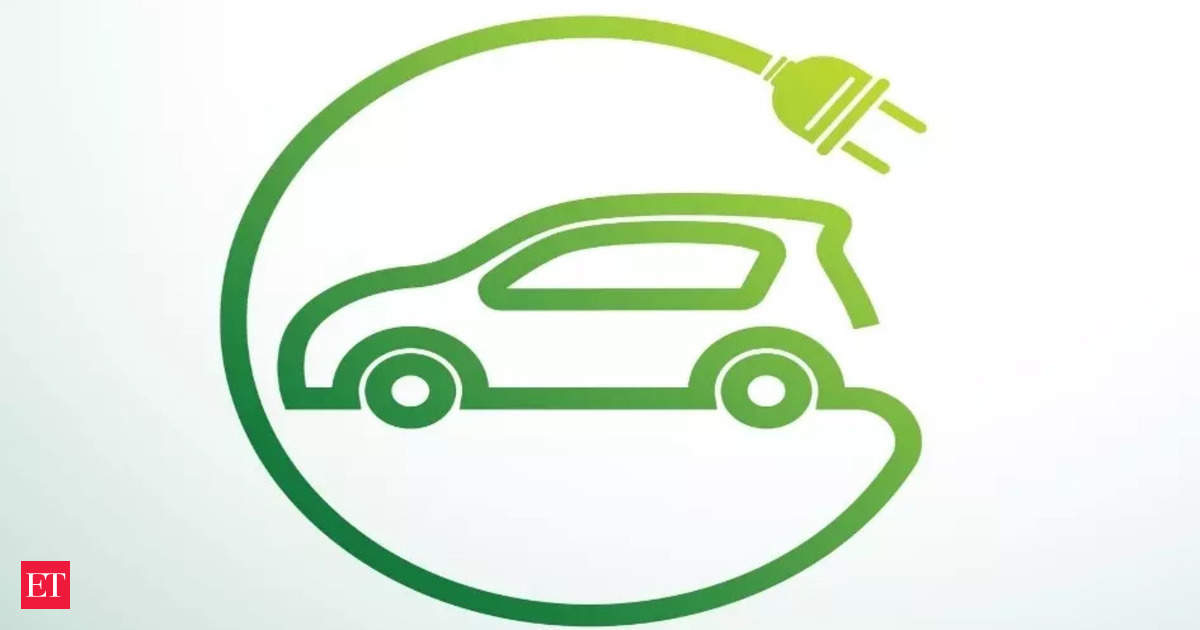According to the International Energy Agency (IEA), the demand for electric cars is expected to surge in the next decade. The IEA predicts that by 2030, the number of electric cars on the road will increase nearly 10 times, reaching around 145 million. This growth is driven by the increasing focus on reducing greenhouse gas emissions and transitioning to cleaner transportation options.
The report by IEA states that electric vehicles (EVs) currently make up around 2.6% of the global car market. However, with the ongoing advancements in battery technology, policies supporting the adoption of EVs, and declining costs, the share of electric cars is expected to rise significantly in the coming years.
China is leading the way in electric car adoption, with the largest number of EVs on the road. The country’s government has implemented several initiatives to promote and incentivize the use of electric vehicles, including subsidies, tax breaks, and building a robust charging infrastructure. Other countries, including Germany, the United States, and Norway, are also witnessing a steady increase in the adoption of electric cars.
The transition to electric cars has numerous benefits, including reduced greenhouse gas emissions, improved air quality, and lower dependence on fossil fuels. However, there are challenges that need to be addressed, such as the availability of charging infrastructure, range anxiety, and the sourcing of materials for batteries.
To support the rapid growth of electric vehicles, governments around the world need to invest in charging infrastructure and develop effective policies that incentivize the adoption of EVs. Additionally, advancements in battery technology and increased production capacity will play a crucial role in making electric cars more affordable and accessible to a wider range of consumers.
Overall, the future looks promising for electric cars, with the IEA’s prediction of a nearly 10-fold increase in the number of electric cars on the road by 2030. As the world aims to tackle climate change and reduce emissions, the transition to electric transportation is seen as a crucial step towards a more sustainable future.










